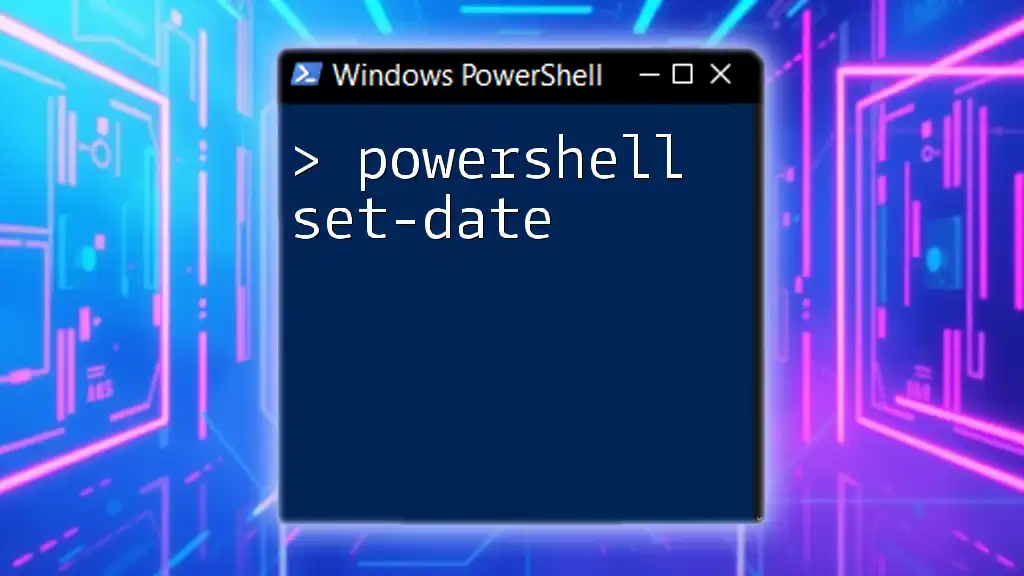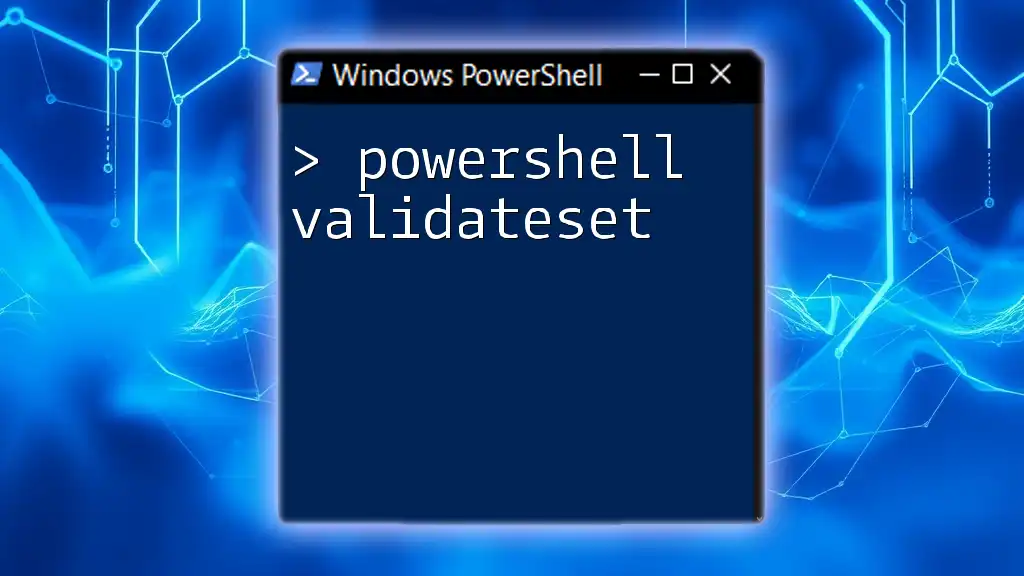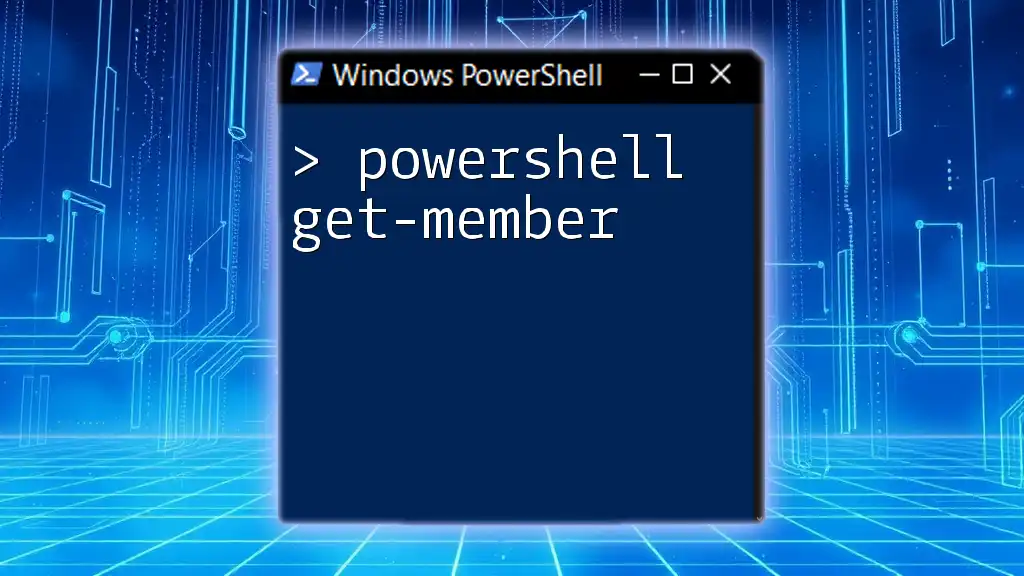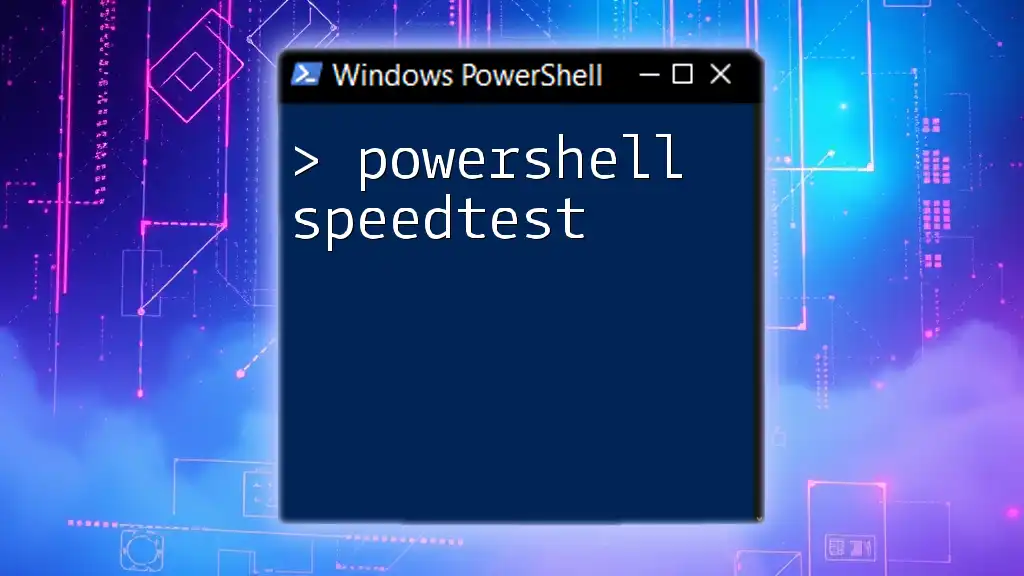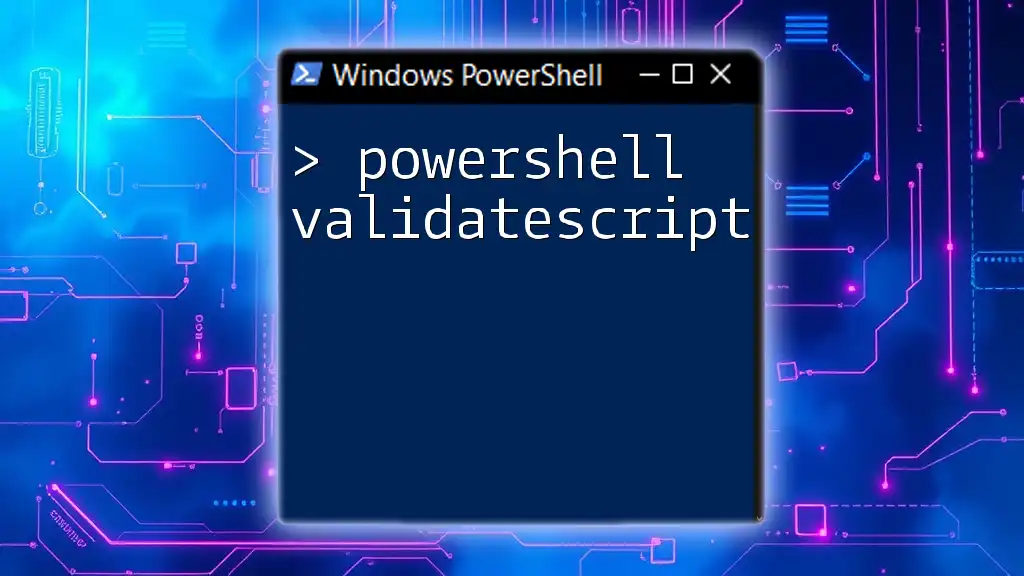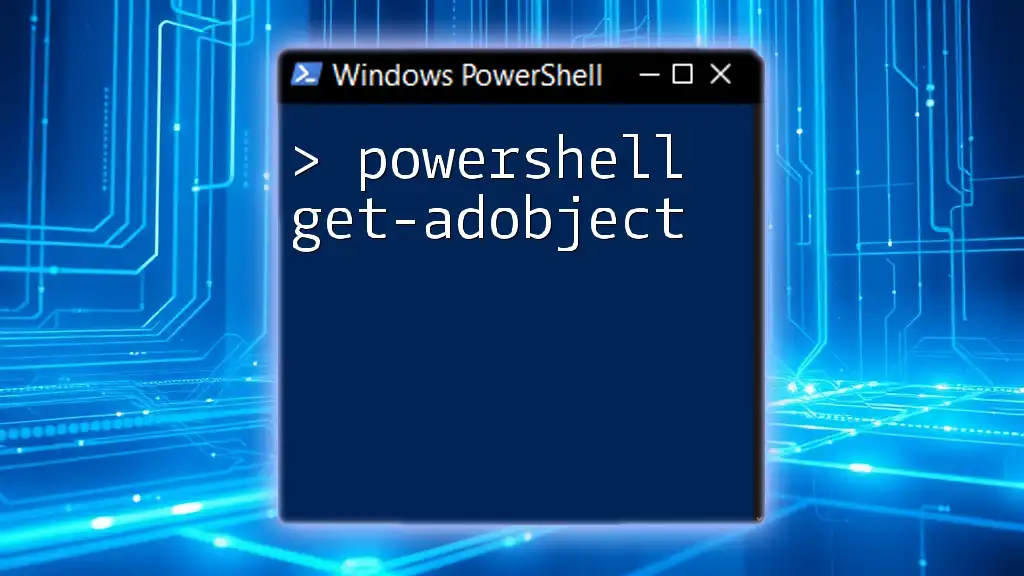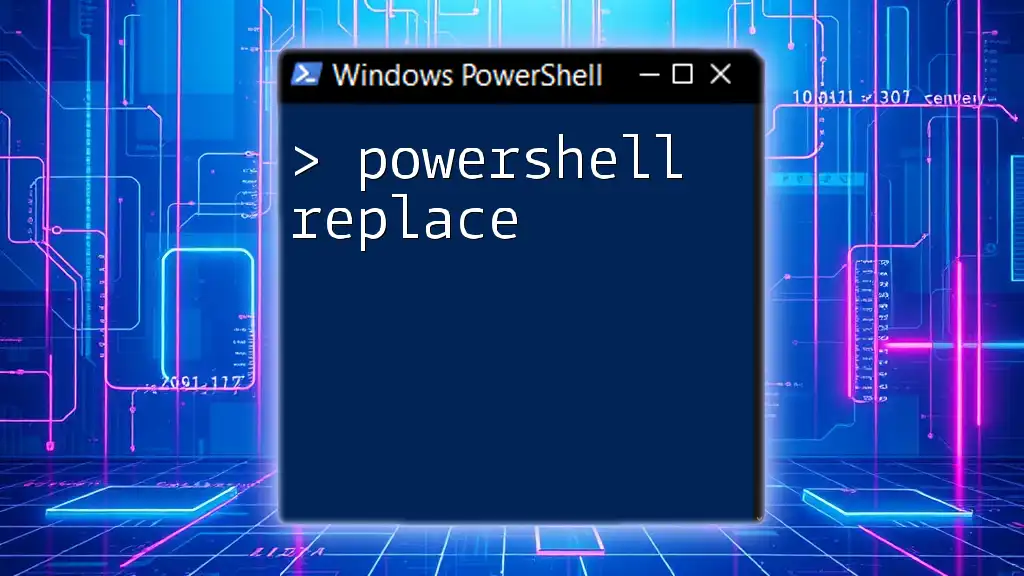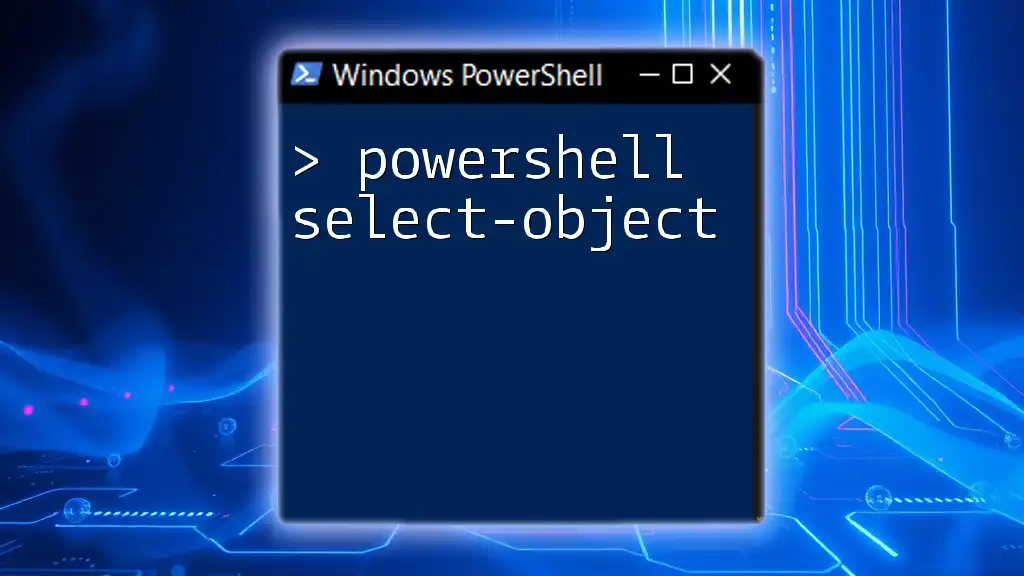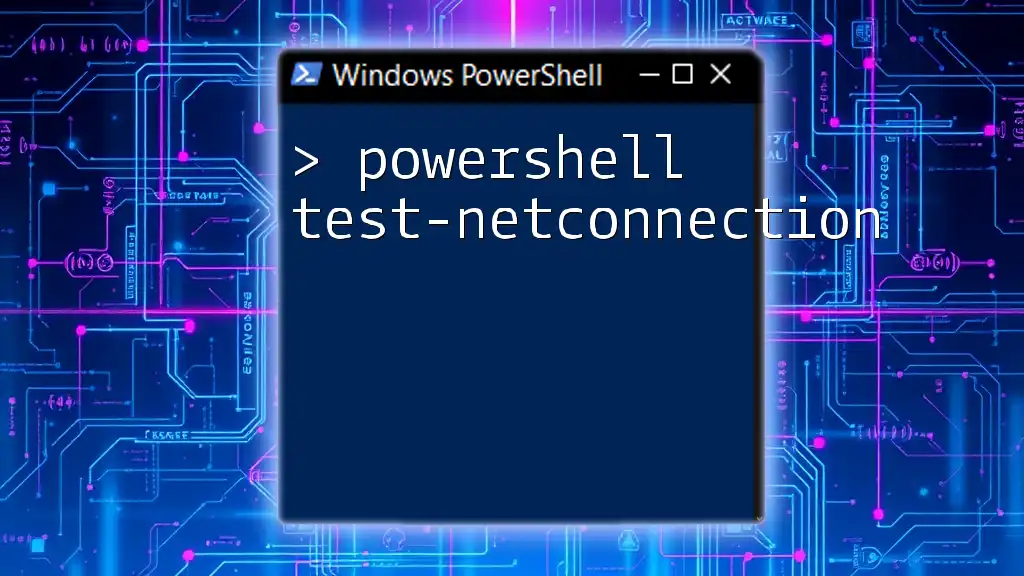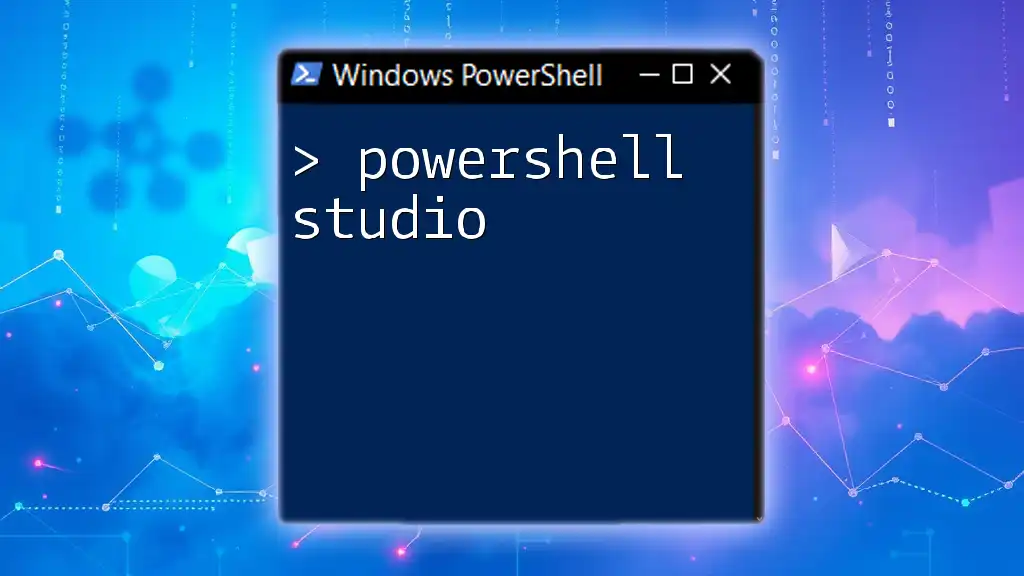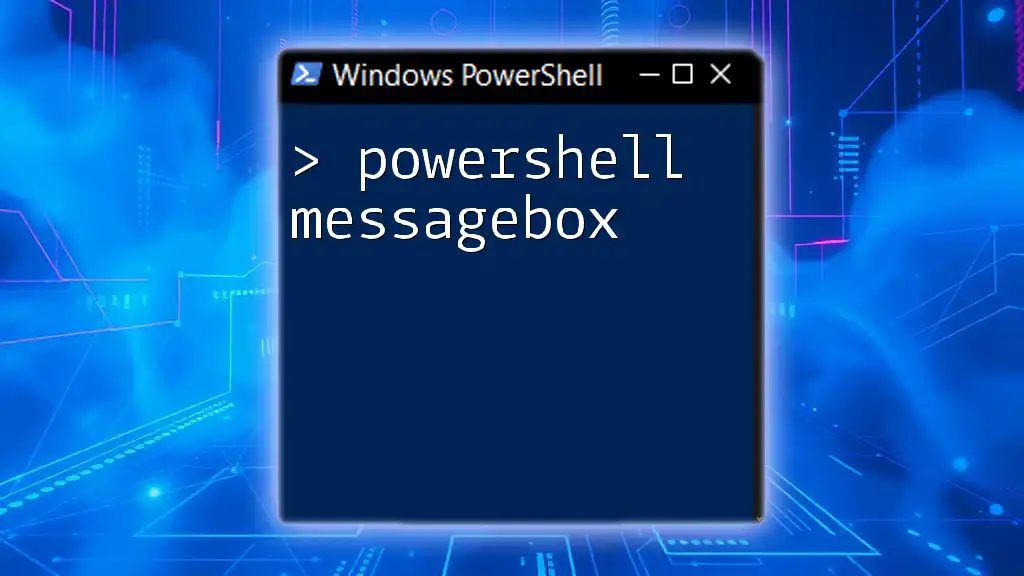The `Set-Date` cmdlet in PowerShell allows users to change the system's date and time, providing a quick way to update these settings via a simple command.
Set-Date -Date "2023-10-01 14:30"
Understanding the Set-Date Command
Overview of Set-Date
The Set-Date cmdlet in PowerShell is a powerful tool for managing system time and date settings. It allows you to change the current date and time of the system running PowerShell. The command's basic syntax is straightforward, enabling users to specify the desired date and time in an easy-to-understand format.
How to Use Set-Date
Basic Syntax of Set-Date
The command can be executed with a simple syntax:
Set-Date -Date '<DateTime>'
Here, `<DateTime>` can be specified in various formats, including default format such as `'MM/DD/YYYY'` or military time format like `'YYYY-MM-DD HH:MM:SS'`.
Changing the Date and Time
Setting the Current Date
To set the system date, you can use the command as follows:
Set-Date -Date '08/15/2023'
This command changes the system date to August 15, 2023. It’s important to ensure that the date is input in the correct format as per system locale. The system will reflect this new date immediately, impacting file timestamps and scheduled tasks.
Setting Specific Time
Set-Date -Date '08/15/2023 14:30:00'
This example sets both the date and the time to 2:30 PM on August 15, 2023. For accurate time manipulation, ensure you understand the 24-hour format expected by Windows operating system.
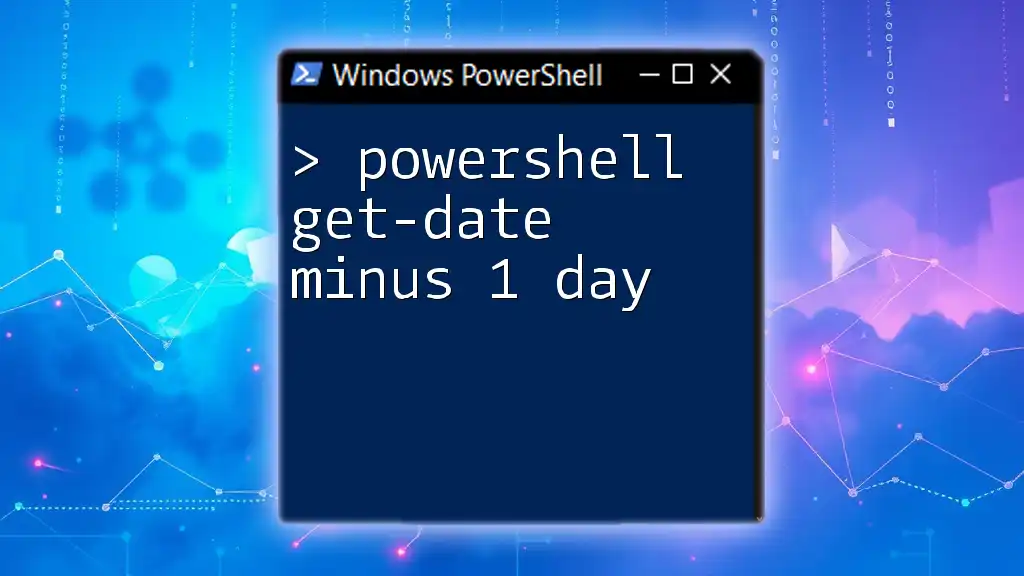
Verifying Changes with Get-Date
After executing the Set-Date command, you should confirm the changes by using:
Get-Date
This command retrieves the current date and time of your system. If the changes are successful, you will see the new date and time reflected in the output. Verifying is crucial, especially when automating date changes to ensure they have been successfully set.
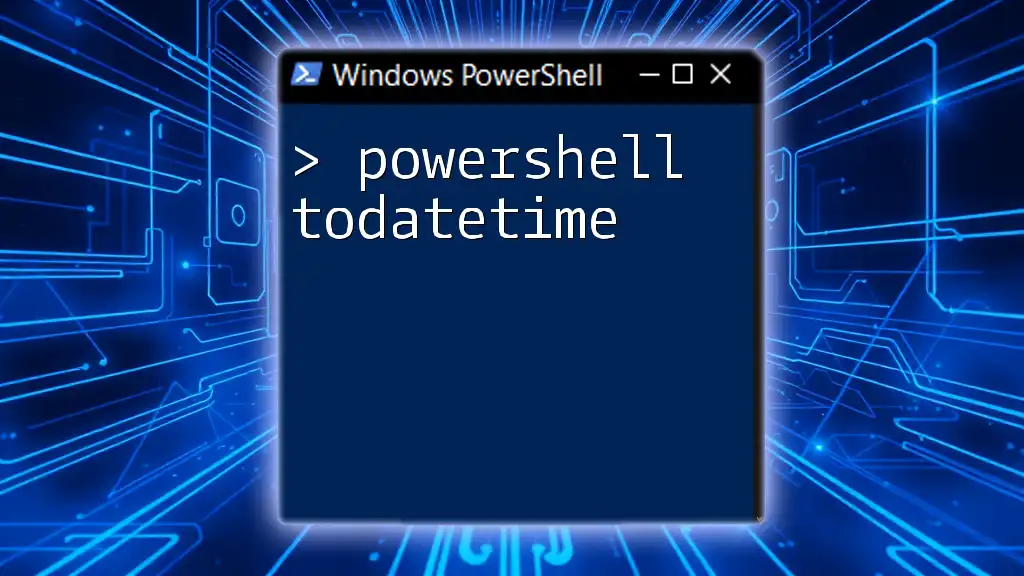
Advanced Use Cases of Set-Date
Automating Date Changes in Scripts
You can automate date changes using PowerShell scripts. The following example demonstrates how to change the date weekly:
$newDate = (Get-Date).AddDays(7)
Set-Date -Date $newDate
This script retrieves the current date, adds seven days, and then sets the system date to this new value. Automating such changes ensures that systems stay updated without manual intervention.
Bulk Date Changes
When managing multiple systems, you might want to change the date on several machines at once. Using remoting allows you to accomplish this with commands like:
Invoke-Command -ComputerName Server01 -ScriptBlock { Set-Date -Date '08/15/2023' }
This command runs the Set-Date cmdlet on Server01 and sets its date to August 15, 2023. Be mindful that administrative privileges are typically required for these operations, and you should validate the exact hostnames or IP addresses of the target machines.
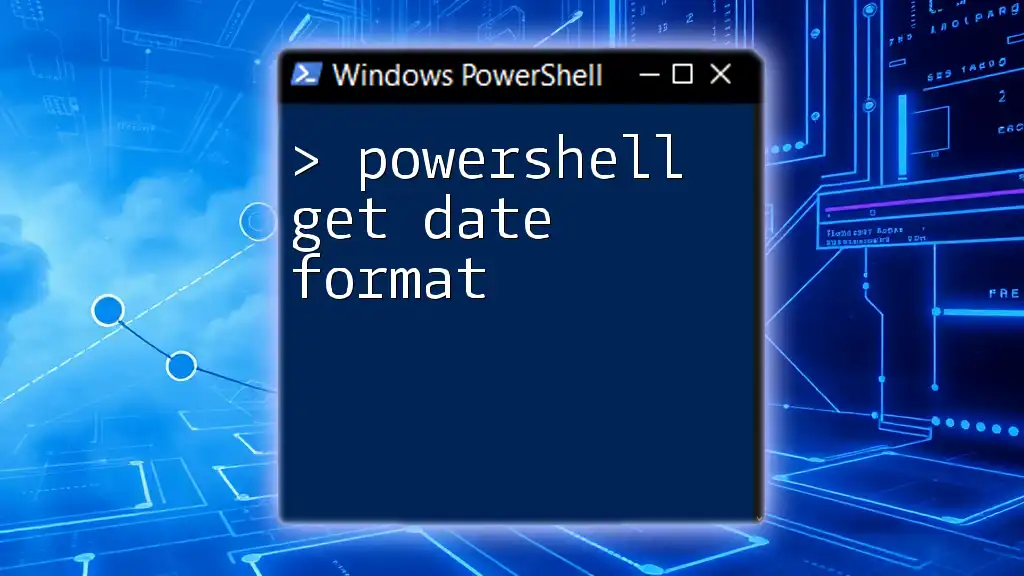
Common Issues and Troubleshooting
Permissions Errors
One of the common issues encountered with Set-Date is permissions-related errors. To resolve this:
- Ensure you are running PowerShell as an administrator.
- Use the `-Credential` parameter when working with remote computers, as this allows you to specify which user should execute the command.
Unexpected Format Issues
Another common issue involves unexpected date or time formats based on locale settings. For instance, if your system is set to a non-US date format, inputting `05/12/2023` may be interpreted as the 12th of May, not the 5th of December. Always verify and, if necessary, adjust your date format to match the expected parameters by the underlying system.
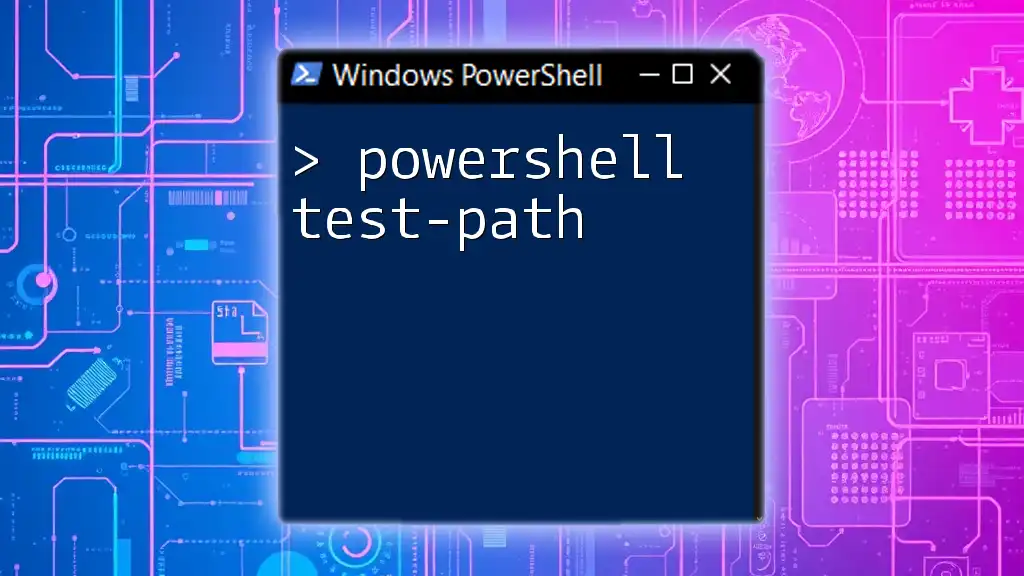
Best Practices for Using Set-Date
Always Verify Changes
After invoking the command, make it a practice to run the Get-Date command to confirm that your changes have taken effect. This simple step can save you from running into issues later.
Avoiding Conflicts
To prevent any conflicts when changing the system date, avoid making changes during critical operational hours. Scheduled tasks and logs may depend on accurate timestamping, so timing your changes appropriately can help ensure stability.
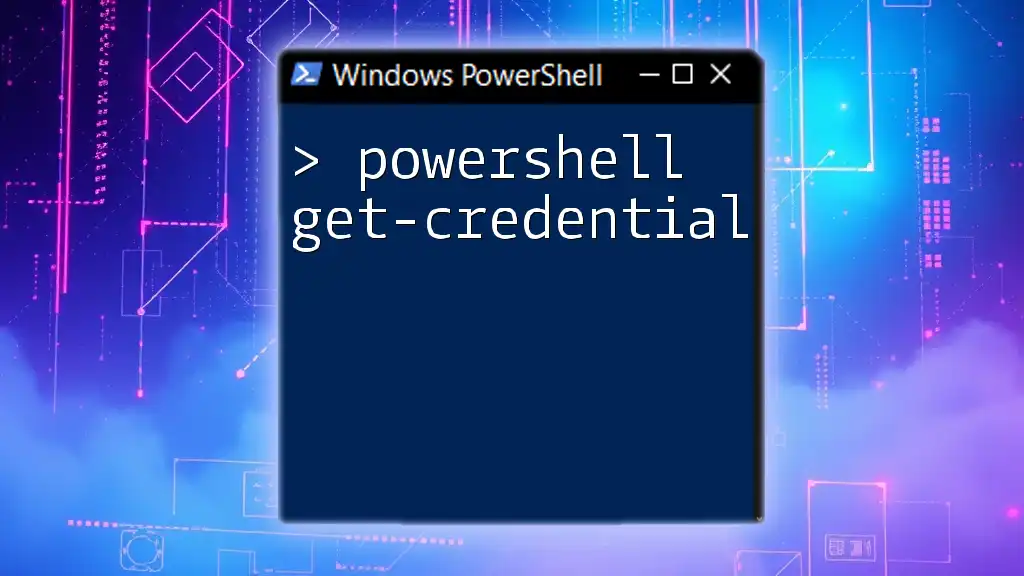
Conclusion
The Set-Date cmdlet in PowerShell is a vital tool for anyone who needs to manipulate system time and date for personal scripts or administrative tasks. Understanding its syntax, functionality, and considerations surrounding its use empowers you to maintain accurate system operations.
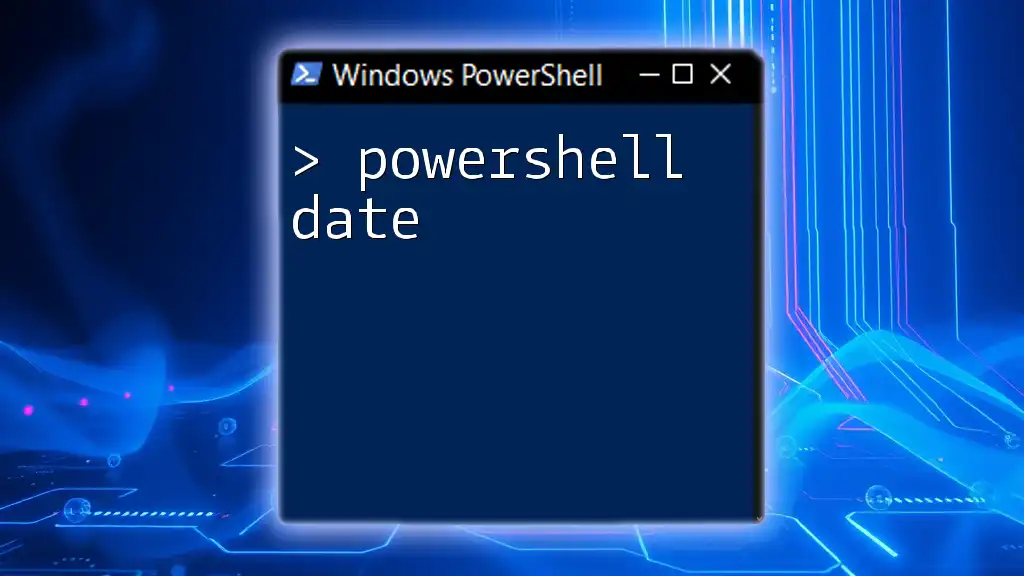
Additional Resources
For further learning, the official PowerShell documentation provides in-depth resources about the Set-Date cmdlet and other useful cmdlets. Engaging in PowerShell communities and forums can also provide you with insights and shared experiences, enhancing your understanding and skills. As you advance, you might find excellent books and articles that delve deeper into PowerShell scripting and automation techniques.

